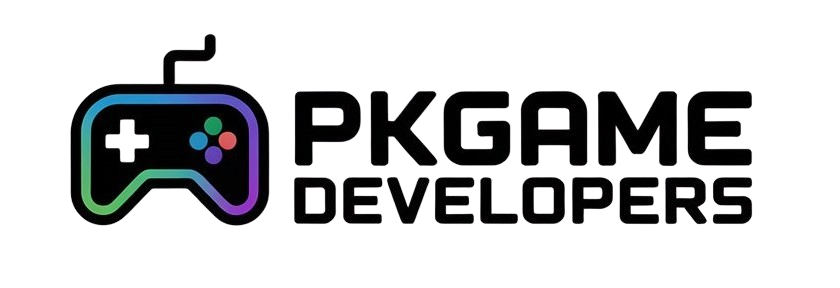
Game development is no longer limited to big studios with million-dollar budgets. Thanks to modern tools, open-source engines, and online communities, anyone with creativity and persistence can create games. Whether you’re an aspiring indie developer or a student curious about the field, leveling up your skills is easier than ever before. Let’s break down how you can begin your journey and steadily improve.
1. Start With the Basics
Before diving into complex mechanics, you need to understand the foundation of game development. At its core, a game is built from three main pillars:
- Programming – writing the code that powers the logic.
- Design – shaping the gameplay experience.
- Art & Audio – creating visuals and sound that engage players.
If you’re new, start small. Even a simple 2D puzzle game can teach you valuable lessons about loops, conditions, player feedback, and debugging.
2. Choose the Right Game Engine
Game engines are the backbone of development. The two most popular ones are:
- Unity (C#) – great for beginners, indie developers, and mobile games.
- Unreal Engine (C++) – known for high-quality 3D visuals and AAA-style games.
Other options include Godot (open-source) and Construct (drag-and-drop). Pick one engine and stick with it until you’re comfortable.
3. Learn by Doing
Tutorials are helpful, but true mastery comes from making your own projects. Start with clones of simple games like Flappy Bird, Tetris, or Snake. As you grow, add your own twist—new mechanics, graphics, or story elements. Each project you finish boosts your confidence and portfolio.
4. Join Communities
The game development journey can feel lonely, but you’re never really alone. Online forums like Reddit’s r/gamedev, Discord groups, or even YouTube channels are packed with tutorials, feedback, and collaborations. Sharing your work not only motivates you but also helps you learn faster.
5. Focus on One Skill at a Time
Game development is huge—you can’t master everything at once. Want to be a strong coder? Focus on C# or C++. Interested in visuals? Learn pixel art or 3D modeling. Once you’re comfortable in one area, slowly expand your skill set.
6. Don’t Fear Failure
Many beginners give up after their first few attempts. Remember: every “failed” project teaches you something. Even professional developers scrap prototypes all the time. The important thing is consistency.
Final Thoughts
Game development isn’t easy, but it doesn’t have to be overwhelming. Start small, pick the right tools, learn step by step, and never stop experimenting. With persistence, your skills will level up—and who knows? The next indie hit might come from you.
